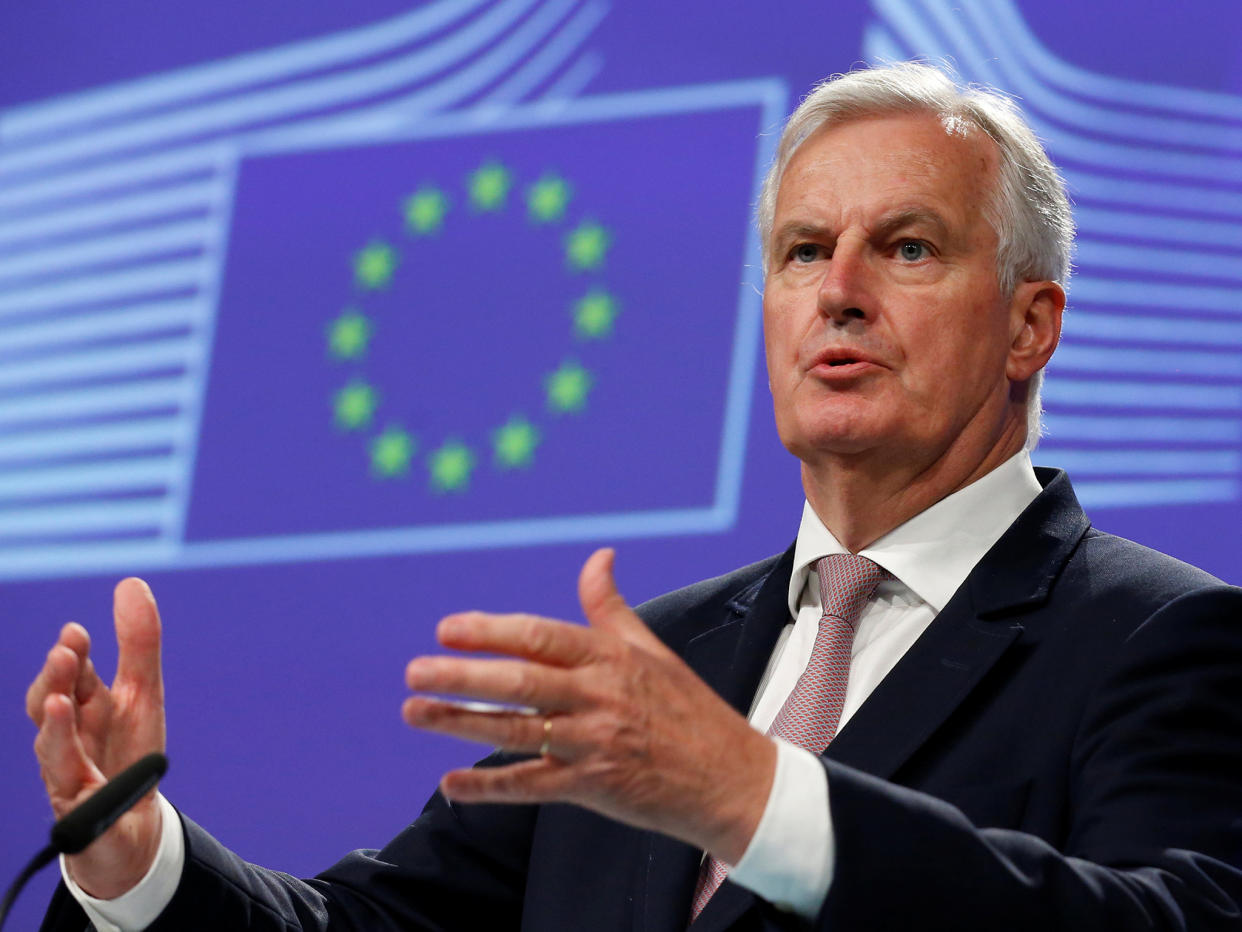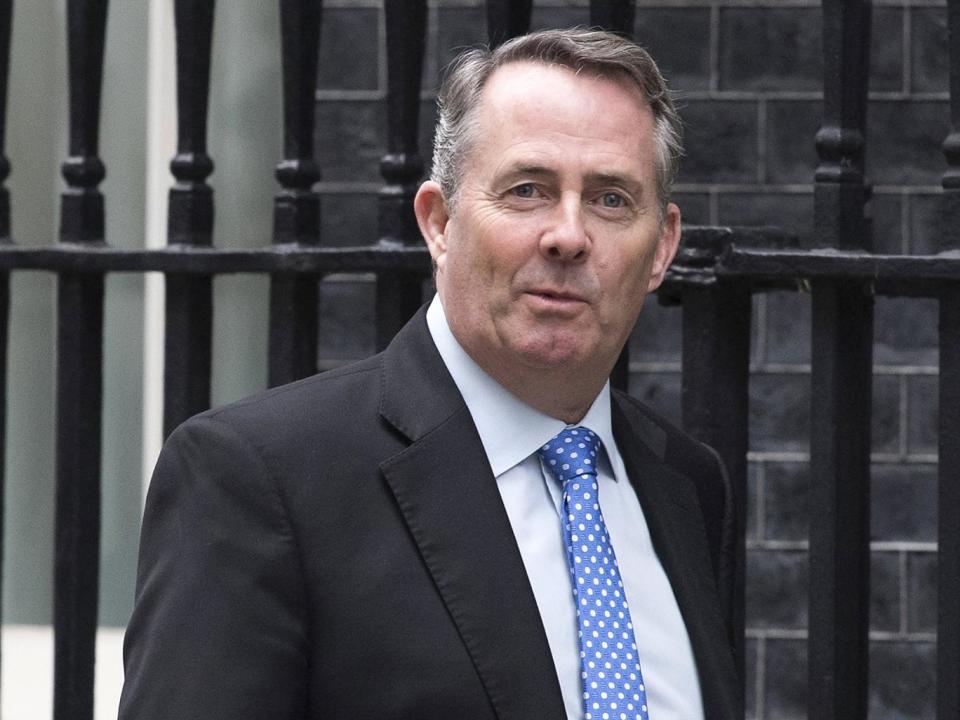Brexit: EU won't sign trade deal if UK starts deregulation race to the bottom, Brussels warns

The EU will refuse to sign any trade deal with the UK unless Theresa May guarantees that she will not use Brexit to rip up workers’ rights, its chief negotiator has warned.
Brussels has toughened the tests for a deal, as the exit talks broke up in acrimony after four days with no breakthrough on the key disputes of citizens’ rights and the divorce bill.
Michel Barnier, the chief negotiator, said Britain must give assurances it will not seek “unfair competition” after Brexit by watering down environmental and social protections.
He also laid bare his frustration over the Government’s failure to agree it must meet its financial obligations, warning of an “explosion” across Europe if Britain refuses to pay up.
Mr Barnier underlined the urgent need for Britain to change its approach, saying: “If we do not find that trust, and if we cannot find an agreement on settling the accounts, there will be no trust later.”
The comments were revealed after the chief negotiator told a Brussels press conference there was still a “fundamental divergence” between the EU and the UK on both citizens and money.
In a further sign of worsening relations, the EU has threatened that British people living in the EU face losing their automatic right to move to another member state. That stance would not change unless Britain agreed to allow EU nationals living in this country to move to another EU country and then return to the UK, Brussels sources said.
The EU is also seeking to block the Government from carrying out criminal record checks on EU nationals who apply to remain in Britain after Brexit.

This development came as a House of Lords committee warns that the information the Government relies on to set immigration policy is “woefully inadequate”. In a report released on Thursday, Lords warn that immigration policy will be made “in the dark” if ministers do not have reliable statistics.
Mr Barnier’s comments coincided with second round of Article 50 talks breaking up after yet again failing to make a significant breakthrough, despite high hopes on the British side.
The commission’s chief negotiator warned there was a “fundamental divergence” between the UK and EU as Brexit Secretary David Davis again returned from Brussels empty handed.
Brussels sources say the commission is frustrated that the UK is refusing to engage at all on the issue of Britain settling its Brexit divorce bill – but despite having little to show for the talks, British ministers are striking a far more positive tone.
Mr Davis told journalists at the same press conference that he believed the two sides had come to better understand one another’s positions, while trade secretary Liam Fox also stepped up the hubris, telling BBC News that “the free trade agreement that we will have to do with the European Union should be one of the easiest in human history”.
Theresa May has suggested the UK stands ready to launch a deregulation drive after Brexit if there is no deal in Article 50 negotiations, a position also backed by her Chancellor Philip Hammond.
The pair are under pressure from their own party to take this position, as some right-wing Conservatives believe that the UK could find a new competitive edge after Brexit by scrapping workers' rights and environmental legislation.
Mr Barnier made his comments about “unfair competition” in a meeting with the House of Lords European Union committee last week, the transcript of which was released on Thursday.
“The mechanics of this divergence should not lead to unfair competition, because if we do not answer this question … I can tell you that there will be major difficulties in obtaining ratification of any future agreement in all countries, because there will be campaigns against the negotiations,” he said.
“It will be said that Brussels is conducting negotiations with the UK to downgrade environmental and social standards, for example, which will lead to more tax competition. If that happens, everything is over. I do not want that. I want us to make progress.”
He continued, warning that “some ministers in the UK debate that it would be better to say ‘no deal’ in some instances”.
“I think we really need to explain what ‘no deal’ would mean. So perhaps the House of Lords could explain exactly that. We really have to weigh up the consequences. It is certainly not the option I would choose.”
Opposition parties said the lack of progress on the talks was worrying. Sir Keir Starmer, Labour’s Shadow Brexit Secretary, said: “The lack of progress in these negotiations is deeply concerning and does not bode well for the future.”
Warning the talks might not move onto trade in October, as hoped, he added: “That will trigger deep concern for businesses and communities across the UK who need much greater certainty and reassurance than they are getting from this Government.”
And the Liberal Democrat Brexit spokesman, Tom Brake, said: “It's now been 113 days since Article 50 was triggered and we have seen almost zero progress on even the most basic issues.
“With each day that passes, the likelihood of a catastrophic, disorderly Brexit increases.”

 Yahoo News
Yahoo News 
